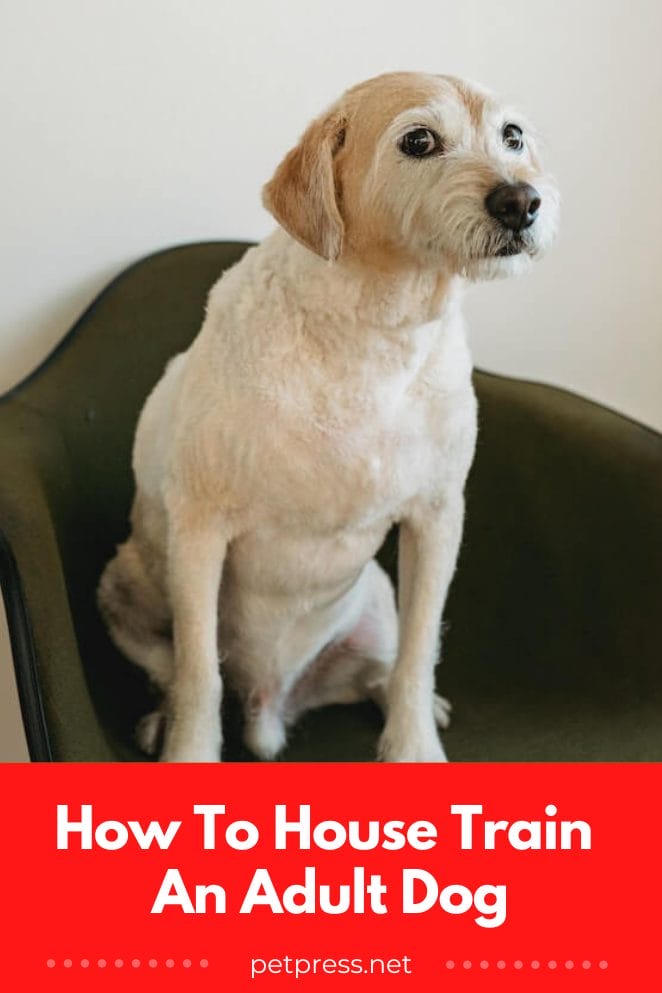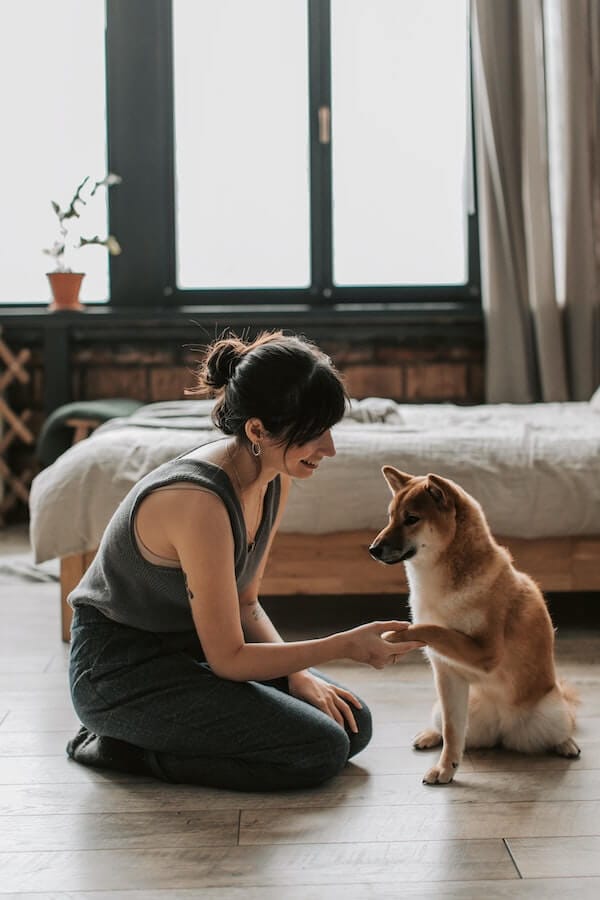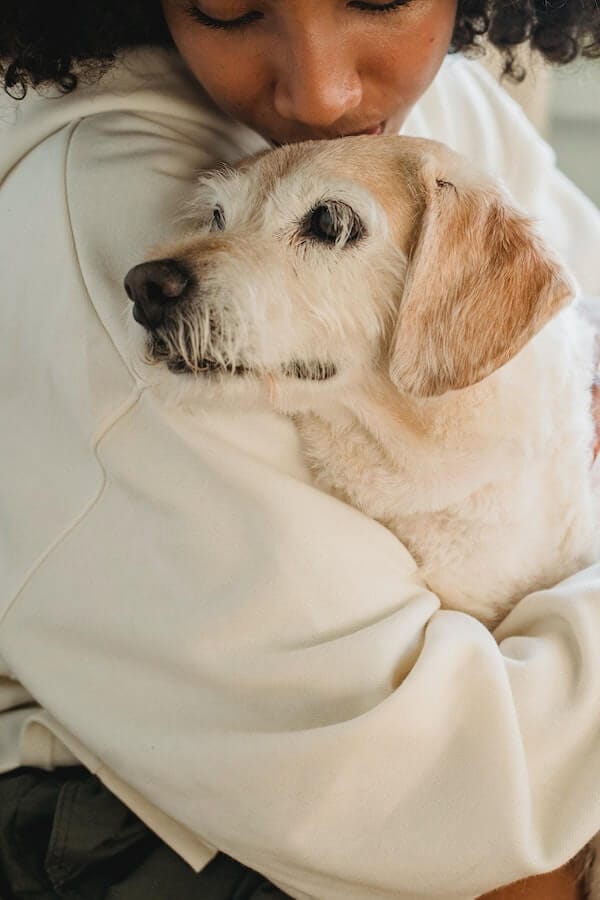
House-training an adult dog may seem intimidating, but it can be done with patience and consistency.
Adult dogs are just as capable of learning the house training rules as puppies, and they often learn faster.
With dedication, love, and positive reinforcement, you will soon have a well-trained pup!
This article will cover the basics of house-training your adult dog so that you can share your home in harmony. Read on to learn more about how to make housetraining a success for you and your pet.
Is it easy to house-train an older dog?
When it comes to house training an older dog, the good news is that it is definitely possible! The truth is, no matter how old your pup may be, you can still teach them the basics of potty training.
Many people think that trying to train an older dog isn’t worth the effort, but this couldn’t be further from the truth.
With patience and consistency, anyone can help their furry companion learn good habits in no time!

How to house train an adult dog?
If you wish to house-train an adult dog and get them to obey all the house rules, there are ten important things you should remember:
1. Establish your rules:
Before house training an adult dog, it is important to make sure they know what you expect from them. Set clear boundaries and expectations for the behaviors you want and don’t want from them.
Take some time to explain these rules in a calm manner so that your dog understands what you are asking of them.
2. Positive reinforcement:
Positive reinforcement is essential when it comes to house training an adult dog.
Reward good behavior with treats or words of praise, and ignore negative behavior as much as possible – scolding or punishing will not help in this situation and could even have adverse effects on their trust towards you.
3. Crate Training:
Crate training can be used to help keep your dog disciplined while they are in the house. Place some comfortable bedding inside and encourage them to go inside by giving them treats when they enter.
Do not force them into the crate if they don’t wish to go in, as doing so could lead to resentment towards you.
4. Regular walking:
It is important to take your adult dog out for regular walks throughout the day, as this will help them expend any excess energy and reduce their need for destructive behavior such as chewing or digging at home.
5. Stick to a schedule:
Once you have established a routine for taking your dog outside, stick to it religiously so that your pup knows what is expected of them. This will also ensure that there are no accidents indoors.

6. Eliminate distractions:
Make sure that the environment you plan to house train your dog in is free of any distractions such as loud noises or other pets so that they can focus on learning the new commands and behaviors.
7. Consistency:
Make sure that all family members are on the same page when it comes to training your adult dog – everyone should be enforcing the same rules, expectations and rewards for good behavior in order for them to learn faster.
8. Patience:
Training an adult dog is a process, and it does not happen overnight – remember to stay patient and consistent with your pup’s training program, as this will make it easier for them to understand what you are asking of them.
9. Be aware of their health:
Make sure that your adult dog is in good physical and mental health before beginning house training – if there is an underlying medical problem, it could take longer for them to learn the new behaviors as they may be too preoccupied with feeling unwell.
10. Have fun:
Training should not feel like a chore for you or your adult dog – make sure to have plenty of fun during sessions, as this is essential for building trust between you two!
Remember these ten tips when you are house-training your adult dog, and you will be able to successfully train them and welcome them into their new home in no time!

Conclusion
House-training an adult dog can be difficult, but with patience and consistency, it is possible to train them properly – just like any other pup.
It is important to remember that all dogs are individuals, so what works for one may not work for another.
Take your time getting to understand your furry companion’s needs and preferences, and you will be able to find the perfect method of house training in no time! Good luck!


GIPHY App Key not set. Please check settings